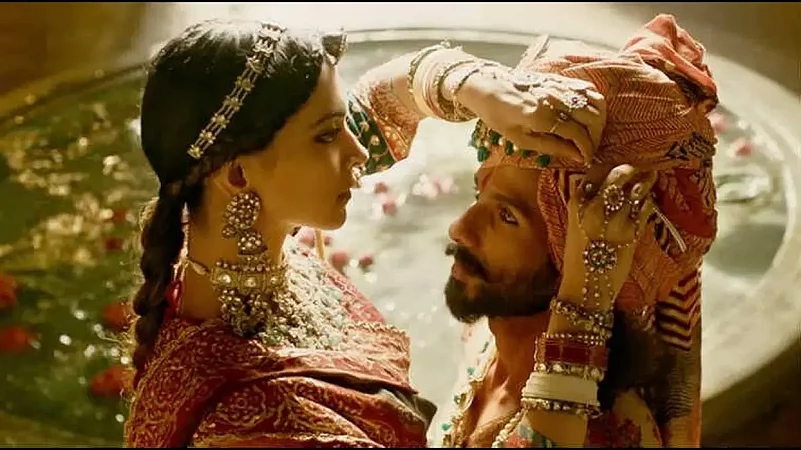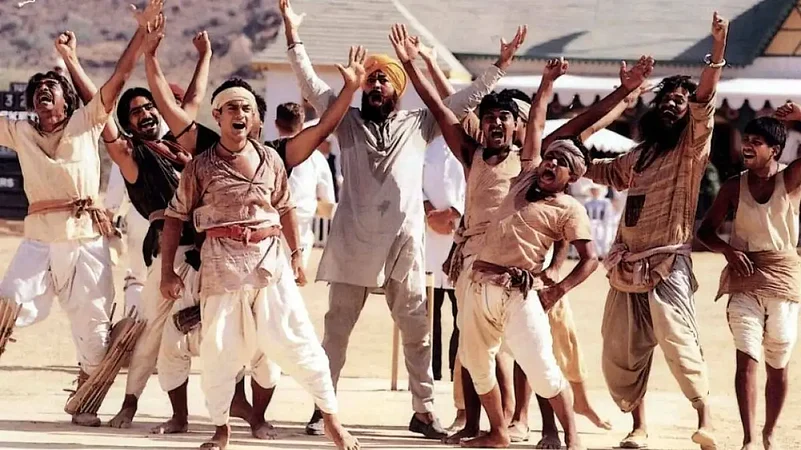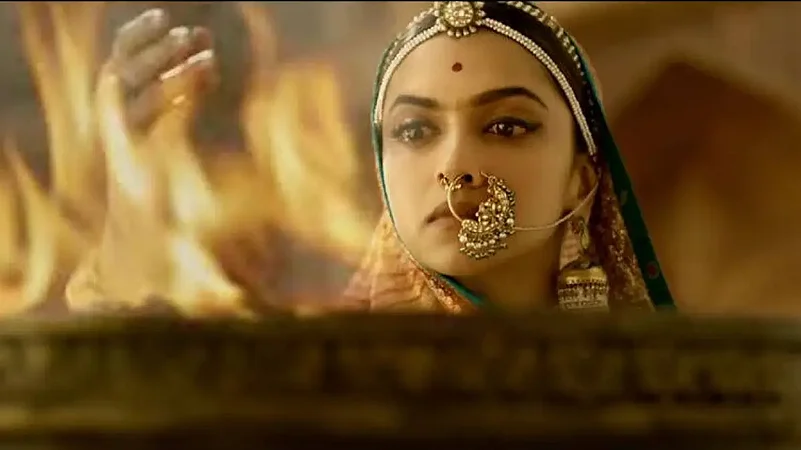I am all for freedom of expression and artistic licence as a rule. That said, however, when it comes to history—which is supposed to be a chronicle of real people and events from the past, or even if it is, as George Santayana puts it “a pack of lies about events that never happened told by people who weren’t there”—it never hurts to do solid research in order to do justice to a past that is forever beyond our ability to recapture.
A film like Inglorious Basterds may be shockingly revisionist but I think it succeeded in capturing the horror and violence of an evil chapter in human history and offered much by way of introspection for viewers and a sense of catharsis for victims and survivors. Artistic intent and integrity make a world of difference and that is often lacking in Indian cinema whether it is Sanjay Leela Bhansali's awful glorification of jawhar (in Padmaavat) or the recent Samrat Prithviraj.
Advertisement
Having written books on Padmavati and Prithviraj Chauhan, I am appalled at the peddling of factually incorrect titbits meant to whip up jingoistic fervour and hyper-nationalistic chest-thumping. These were tragic events in Indian history that saw foreign invaders gain the upper hand owing to complicated reasons that need careful understanding and a lack of unity within our own ranks. Instead of seeking to learn valuable lessons from the past to take stock of the present and create a better future, our lazy filmmakers seek to hoodwink the gullible viewers into viewing history with gold-tinted glasses that gloss over all the things that went wrong. It is such a pity!
Advertisement

I don’t blame only the filmmakers. Today’s audience needs to understand that any number of films or WhatsApp posts are definitely not the definitive word on any subject be it history or science or sport. Rather, these should be treated as a starting point for research and rational conversation on the things that are of relevance today and every day. We cannot afford to content ourselves with second-hand information/misinformation. Rather we should take it upon ourselves to ascertain the truth for ourselves. And that is often a long, arduous journey we seem unwilling to undertake because it is easier to watch stupid films or disappear into the superficial shallows of social media.
Hollywood does a better job of incorporating actual historical events into even their most formulaic superhero franchises but I feel they are content to merely dip their toe into the water, rather than take the plunge into exploring these complex subjects with real intent. Even a JoJo Rabbit or 12 Years A Slave seems eager to steer clear of controversy or say anything worth saying.
Lagaan seems to have been made with good intentions and does a decent job of fictionalising a small slice of history. As a feel-good movie that is a tribute to the resilience of the human spirit in times of adversity, it mostly works. Most importantly, the makers made it clear that it is fiction not historical and hence it was honest about its intentions. RRR is far more problematic because it is a fictionalised take on real freedom fighters Komaram Bheem and Alluri Sitarama Raju. Here the film was stylish and a flamboyant actioner but it lacked emotional resonance and any real commitment to recapturing the essence of a bygone era. But here again, S.S. Rajamouli doesn't make any claims about authenticity or realism. It is clear he only wants to entertain the audience with his superhero protagonists and their bromance. To that extent it works.
Advertisement

Artists have the right to express themselves however they see fit. Even history is subject to interpretation and reinterpretation, provided effort is expended to do justice to it. But consumers of art and critics are also well within their rights to register their approval or disapproval. Especially if the makers dress up dreck and dross and serve it on a garishly glittering platter.
Also Read | Rewriting History Through Cinema: A Reality?
Also, I would say the representation of lower castes in cinema and arts has definitely changed for the better mostly because many Dalits have seized the initiative to speak up for themselves and share their stories any way they see fit. It is not an outsider’s version anymore that is told with a voyeuristic, exploitative gaze and with ostensibly good intentions which are actually torture porn.
Advertisement
Filmmakers like Nagraj Manjule (Sairat) in the North and Pa. Ranjith (Kabali, Kaala, Saarpatta Parambarai) and Maari Selvaraj (Pariyerum Perumal, Karnan) from Tamil Nadu have led the charge and forced mainstream viewers to confront the evils of the oppressive caste system in India. In doing so, they have forced us to discuss issues which have long been brushed under the carpet or treated with indifference. These filmmakers have done much to empower the lower castes and prompt them to aspire towards a better future for themselves and give each other a leg up. That is highly commendable.
Now it must also be remembered that films and art can only do so much. We can use the power of art to galvanise ourselves into action and do the needful to eliminate the caste system altogether and create a level playing field for all Indians irrespective of their background. But will we do it? Unfortunately, it is more likely that given the fact that films on sensitive subjects can be deeply polarising we will use the dissent to generate outrage and make lots of hate-filled noise on social media which will only lead to deeper division amongst us and do nothing remotely useful to alter the status quo or bring about any real change.
Advertisement
(As told to Prateek Sur)
(Views expressed are personal)
(Anuja Chandramouli is an author of mythology and historical fiction)





















